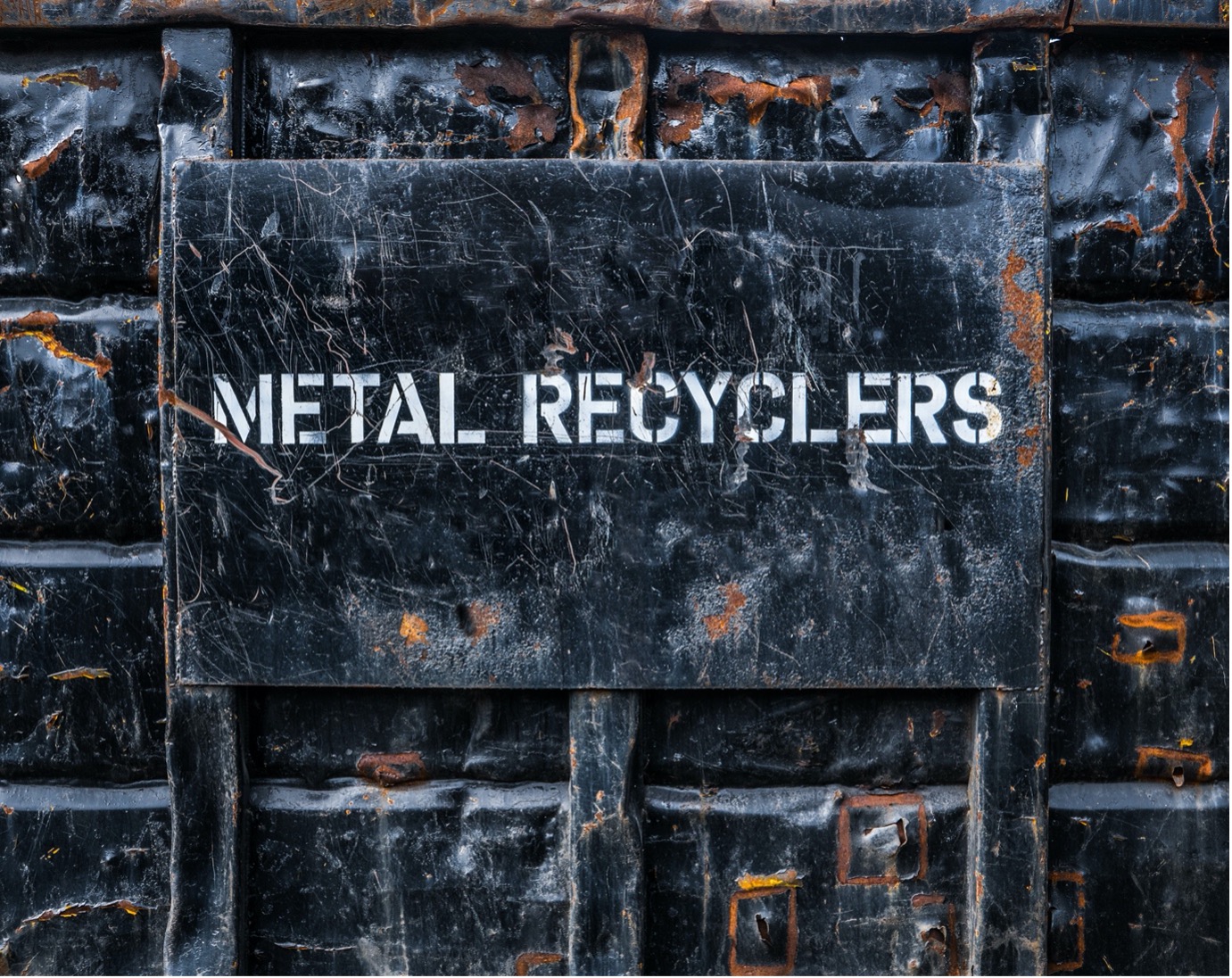
Mined Metals vs. Recycled Metals
In today’s day and age, recycling is more important than ever. This includes the reusing or re-manufacturing of metals. And recycling metal scraps is not just good for the planet — it has plenty of other benefits. Here are just a few.
Recycling Metals is Good for the Environment
It is no secret that the mining, refining, processing and transportation of metals do a great deal of damage to the environment. The manufacturing process also takes its toll on the planet. Luckily, recycling metals can go a long way to offset this damage.
Resource Preservation
All resources are finite, which means that they will eventually run out if we do not preserve them. And metals are no exception. Luckily, many metals, such as steel and aluminum, can be recycled multiple times without losing quality. Other metals also stand up pretty well to being repurposed.
In addition, refining, processing and manufacturing products out of metal require other resources such as wood, fuel and oil. Since recycled metals have already been processed, fewer resources are required to manufacture products from scrap metal.
Reduction of Emissions
The mining and processing of metals release pollutants and emissions, such as carbon dioxide, into the environment. For example, mine machinery runs on fossil fuels. These emissions contribute to global warming, which in turn is causing changes in weather patterns around the world. Recycling metals produces a fraction of these greenhouse emissions and does not require the same level of transportation to transfer the mined metal across the globe.
Reduction in Energy Usage
Mining and processing metal resources is not just expensive but uses up a lot of energy. For instance, the amount of energy used to recycle scraps of aluminum amounts to only 5 percent of that used to mine it.
Less Pollution
The mining and processing of metal ore causes water, soil, air, visual and noise pollution, which is not just harmful to the environment but also to people. In addition discarded metals usually end up in landfills where they take an extremely long time to break down, and can pollute both soil and groundwater.
Destruction of Habitat
Metal ore mines are often located in untouched locations. The destruction of such landscapes can affect the wildlife that calls these areas home. In addition, mines are a common source of toxic runoffs that often affect the surrounding environment for many years to come.
Recycling Metal Can be a Source of Income
Salvaging discarded scrap metals and selling them to recycling plants can be an income source. This is particularly when it comes to valuable metals such as gold plating and copper wires. Iron and steel scraps can also fetch decent amounts of money when sold in larger quantities.
Recycling Metal is Economical and Good for the Economy
Recycling metal is not as expensive as extracting it from the ground since it requires less energy. In addition, the metal recycling industry has a positive impact on the economy since it requires specific equipment. Recycling metals is also labor-intensive when it comes to collecting and sorting scraps, cutting and packaging them, and finally shipping them to the desired destinations, which translates to more jobs.

